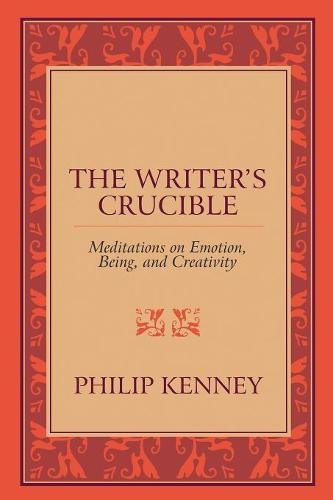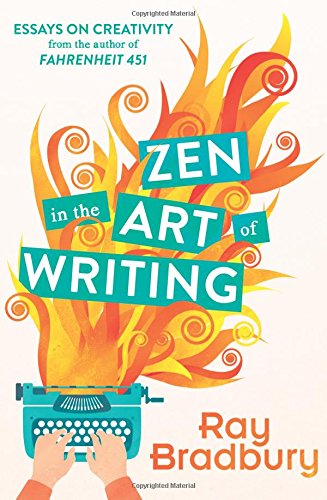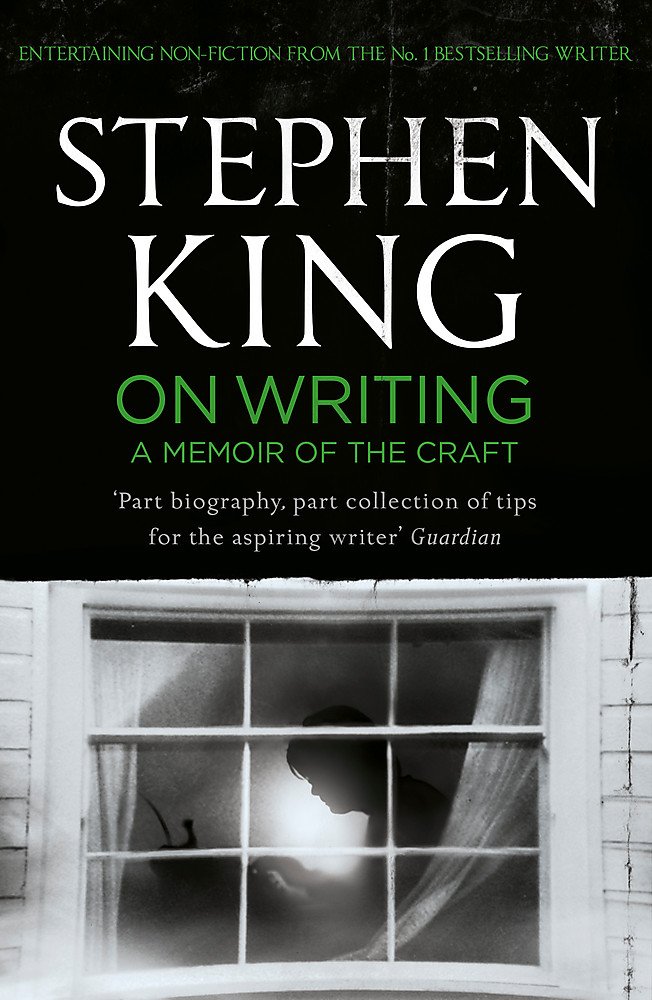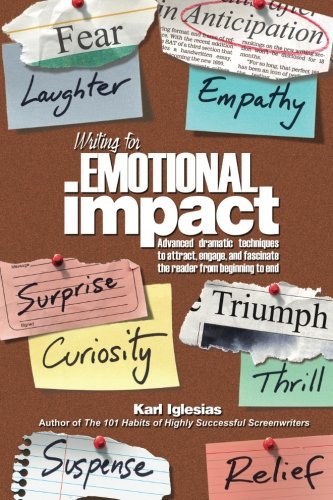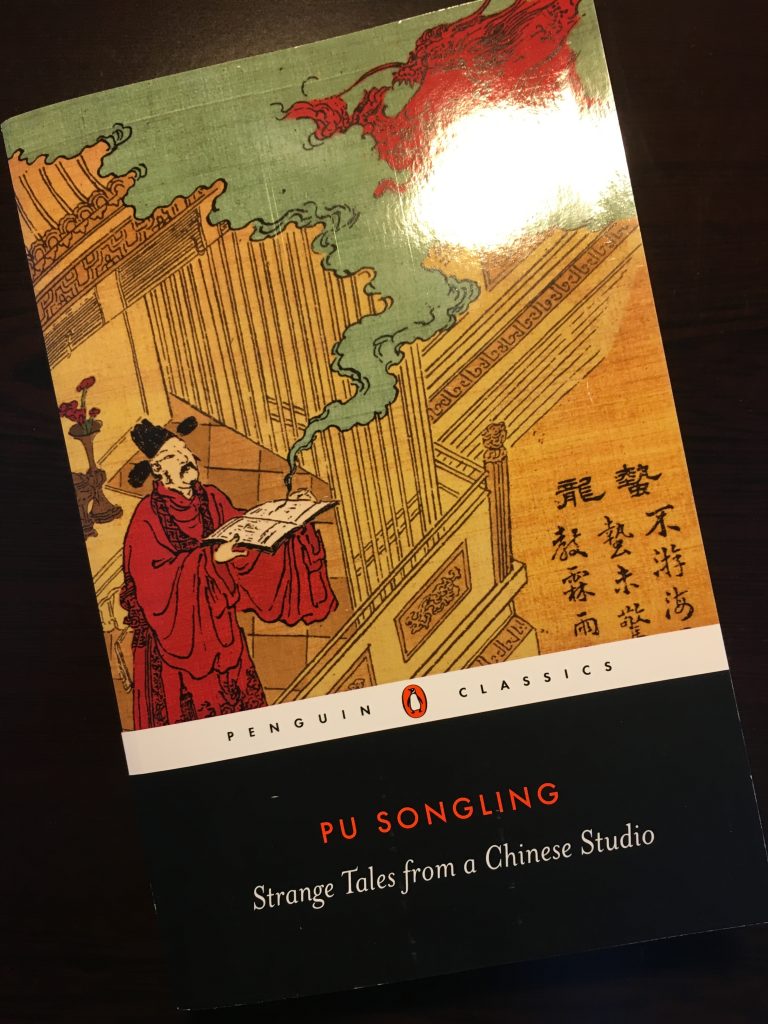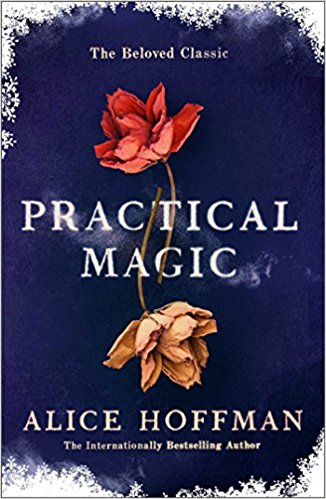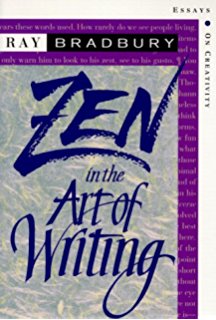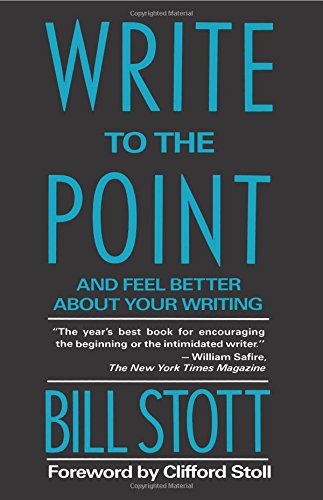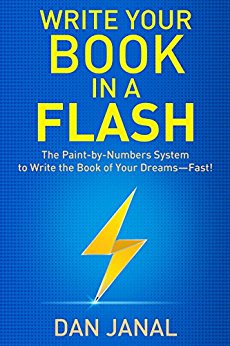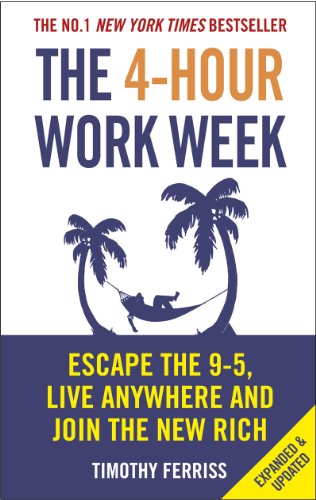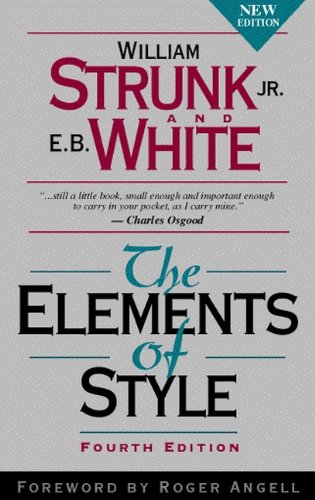While I was studying for my Masters, we were given a list of books that Ernest Hemingway had come up with for his protégé to read. We were asked to came up with our own lists of books that we think a person ought to read before starting to write their own stories
I am inviting all writers to submit their own suggestions of what book a writer should read before they start writing. It can be a favourite book from your childhood, a book of poetry, some great literature, a published diary, or even a cheap Mills & Boon novella.
I can’t wait to see what everyone recommends!
Navigate the article
#1 The Writer's Crucible
Even the most successful writers are subject to troubling insecurity and episodes of self-doubt. To help authors manage this core experience, psychotherapist Philip Kenney wrote The Writer's Crucible, an in-depth exploration on how to undo emotional constrictions and allow creative energies to move with greater freedom. As a practicing psychotherapist and author of poetry, fiction, and now nonfiction, Philip Kenney offers a unique perspective as both a professional and an author who has dealt with the all too insistent internal narrative, 'I am not enough.'
Contributor: Joe Walters
Company : inkwater.com
#2 Kafka on the Shore
#3 Zen in the Art of Writing
Ray Bradbury is known primarily for his groundbreaking fiction, but this collection of essays on writing is equally impactful. It’s less a how-to book on writing and more an exploration of the mindset that helped Bradbury become a successful writer.
That’s not to say there are not concrete pieces of advice for writers here. After all, one of the hardest feats of becoming a successful writer is maintaining the work ethic and positive headspace necessary to keep your butt in the chair writing. To borrow a phrase from the book, Bradbury does exactly this by teaching writers “how to keep and feed a muse.”
Contributor: Garrett Calcaterra | Twitter | Facebook | LinkedIn | Instagram
Company : garrettcalcaterra.com
#4 To Kill a Mockingbird
A compelling must read for anyone who wishes to write about social issues but in a fictional manner. This book leaves an impact on the reader to implore within and understand the era of slavery and right after in southern America. It is about a girl who looks up to her father, who is a lawyer defending an African man in a rape trial. The book, even though fictitious, upholds real values such as character and honesty.
#5 Storycraft: The Complete Guide to Writing Narrative Nonfiction
Storycraft: The Complete Guide to Writing Narrative Nonfiction by Jack Hart is an indispensable book for anyone who aspires to becoming a great writer. Hart examines all the components of a compelling story in a clear, straightforward progression, drawing on examples from published work. While reading it I felt personally involved in the entire process from idea to final draft.
Although the focus is on nonfiction, the emphasis on story structure and approaching the creative process is applicable across all forms of writing. Using the tools laid out in Storycraft has definitely strengthened my own work.
Contributor: Nicholas Bratton
Company : nicholasbratton.com | Facebook
#6 On Writing: A Memoir of the Craft
My vote is for On Writing by Stephen King. This clear and concisely written book narrows down the core medium or channel of creativity from author to writer as telepathy, which has proven to be true. The reader will see what you, the writer, show them. With Stephen King’s friendly, approachable writing style, the aspiring writer has a book they will read again solely for entertainment, which will also help them review and hone the fine points of the craft.
Contributor: Liz Newman
#7 Writing for Emotional Impact
I suggest Writing for Emotional Impact by a former professor of mine, Karl Iglesias. I read it for a film dialogue class, but it helped me learn so much about all areas of storytelling. It was very useful when I was outlining and writing my first novel (an erotic romance), due out later this year.
Contributor: Cass Ford
Company : extasybooks.com/cass-ford | Facebook | Instagram | Twitter
#8 Strange Tales From A Chinese Studio, by Pu Songling
#9 Stories By Firelight, by Shirley Hughes
#10 Practical Magic, by Alice Hoffman
#11 Zen in the art of writing by Ray Bradbury
Having written Fahrenheit 455 and the illustrated man, Ray Bradbury is nothing short of one of the best sci-fi writers of the 20th century. Zen in the art of writing is a collection of cheap essays on writing, Bradbury's love of the art, and wise words for other writers. ''You must stay drunk on writing so reality cannot destroy you''.
Definitely worth a read if one is suffering from writers block.
#12 AP Stylebook
The one book to which I owe all of my writing is the AP Stylebook. This may seem foreign to some, elementary to others, but I read this guide as if it were Harry Potter and its writing devices were my very own Chamber of Secrets.
Created by The Associated Press, this guide helped propel my writing form novice to consciously writing so that novices could comprehend my thoughts.
It explains why we write Atlanta or Boston as opposed to Savannah, Ga. or Salem, Ma. It taught me that I earned a bachelor’s degree but also that I earned a Bachelor’s of Arts in journalism.
"If there’s a way to write something, there’s also a correct way.”
Contributor: Anthony Mastracci | LinkedIn
Company 1: thenextgentleman.com | Instagram
Company 2: dpacommunications.com | Twitter | Facebook
#13 Write to the Point
This book by Bill Stott is geared mostly towards writing nonfiction, but I recommend it to all aspiring writers, whether they're writing novels or advertising copy. Stott does a great job of dispelling the hang-ups that most beginning writers have by focusing on big picture stuff: purpose, audience, context, and format. By turning the focus of writing on to audience and purpose, all the craft-oriented aspects fall into place. It’s a great book because it helps writers simplify the writing process when we start to overthink things and lose track of what we’re doing.
Contributor: Garrett Calcaterra | Twitter | Facebook | LinkedIn | Instagram
Company : garrettcalcaterra.com
#14 Write Your Book in a Flash
Write Your Book in a Flash shows business executives, entrepreneurs, and thought leaders how to get focused fast, so they can write their book without tearing their hair out.
The secret to completing a book quickly is to have a system. Unlike books that show you why you should write a book, this book actually shows you *ow to write a book!
This is the perfect book for people who want to build their personal brand.
Contributor: Dan Janal | Twitter | LinkedIn
Company : writeyourbookinaflash.com | Facebook
#15 Several Short Sentences about Writing
I am the author of over a dozen fiction and non-fiction titles. I have read a few books over the years that I think are excellent. The one that truly knocked my socks off, the one that said what I'd been suspecting all along, the one that I would recommend to anyone that's serious, is Verlyn Klinkenborg's several short sentences about writing.
The book dispenses with many myths that seem prevalent among aspiring writers such as the idea that the writer should experience a sense of flow when he or she works (flow is for the reader, not the writer), or that automatic writing is the key to good content. His book grabs you by the back of the head, stares you in the eyes and says, very slowly, Writing is about the construction of good sentences.
He makes a compelling case for this simple premise. Nothing in this book is superfluous. True to its message, each sentence matters, and a few matter a lot.
He does not suggest that writing good sentences is something good writers naturally have, or even that they can acquire. It's something one works at regularly and gets better at over time, if one is paying the right kind of attention. Writing becomes a way of life rather than a profession, and the goal for quality becomes both simple and absorbing.
Contributor: Adam Cole | LinkedIn | Twitter
Company : acole.net
#16 What We See When We Read
First is What We See When We Read by Peter Mendelsund. This book is a quick engaging read, exploring the psychology of reading. It helped me understand what readers look for in writing. Great if you are a young writer who feels like they are hitting a creative wall.
Contributor: Bryn Gelbart
Company : fueled.com | Fueled Jobs
#17 The Artists Way: A Spiritual Path to Higher Creativity
The Artists Way: A Spiritual Path to Higher Creativity by Julia Cameron is the quintessential work for inspiring budding creatives, especially writers. Cameron's work takes the reader through twelve weeks of reflection and exercises which unleash blocked creativity. The Artists Way recommends daily journaling (the morning pages) and a weekly artist's date in addition to the exercises. Cameron is a prolific writer, well published, and teaches writing to aspiring authors.
Contributor: Linda Ruescher | Twitter | Facebook
Company : copingwithchronicillness.com | Blog
#18 Writing Down the Bones: Freeing the Writer Within
Natalie Goldberg’s Writing Down the Bones: Freeing the Writer Within was first published in 1986 with a second edition published in 2006, has sold over one million copies and has been translated into fourteen languages. Goldberg inspires writers and would-be writers with suggestions, encouragement and solid advice on the many aspects of the writer’s craft.
The message is delivered in short, easy-to-read chapters with a delightfully approach. Goldberg, a teacher of writing for over thirty years, sees writing as a practice that helps writers comprehend the value of their lives.
Contributor: Linda Ruescher | Twitter | Facebook
Company : copingwithchronicillness.com | Blog
#19 Great Expectations
What can you learn from Great Expectations by Charles Dickens? This beloved novel set in the first half of the nineteenth century portrays a variety of interesting characters. Any successful business owner needs to understand how people tick. Learning about people and their differences in personality is a valuable tool for creating respect, value, compassion, and team building in any company. Dickens’s characters are transparent, authentic, and although seemingly exaggerated, easily recognizable in society today.
Contributor: Heidi Eljarbo | Facebook | Twitter | Pintrest
Company : heidieljarbo.com
#20 Story, by Robert McKee
This book is primarily aimed at screenwriters, but nevertheless it attacks the basic structures of storytelling with such detail, and with such high amounts of accuracy, it is impossible not to add it to this list. It doesn’t matter if you are writing fiction or nonfiction, or if it is intended for stage, screen, or paper. Story will help you build a clearer view of the technical and artistic aspect of the craft, which will ensure proper balance, and enhance the penetrative qualities of your storytelling.
Contributor: Caleb Backe
Company : mapleholistics.com
#21 The 4 Hour Workweek
This perhaps was the single most important book I read when I began building a full-time career in freelance writing.
The advice this guy offers on lifestyle design encompasses vital concepts about running your own sustainable business, time management, automation and outsourcing that I've found to be absolutely indispensable to my success as a full-time writer.
I’ll admit – I’m always skeptical of anything that smells of being over-hyped in the media – but this book packs some serious knowledge bombs and life hacks that every writer should know.
Contributor: Danielle Holland-Ingram | LinkedIn | Instagram | Twitter | Facebook
#22 Elements of Style
Elements of Style by Strunk & White - This is a must-read for anyone who wants to put words together. The basic rules of English grammar and usage must be mastered before the writer can begin twisting, bending, and breaking the rules. Elements of Style is a short, efficient, and authoritative reference.
Contributor: Peter Dudley | Twitter
Company : peterdudley.com
Books Authored:
This post was created with our nice and easy submission form. Create your post!


